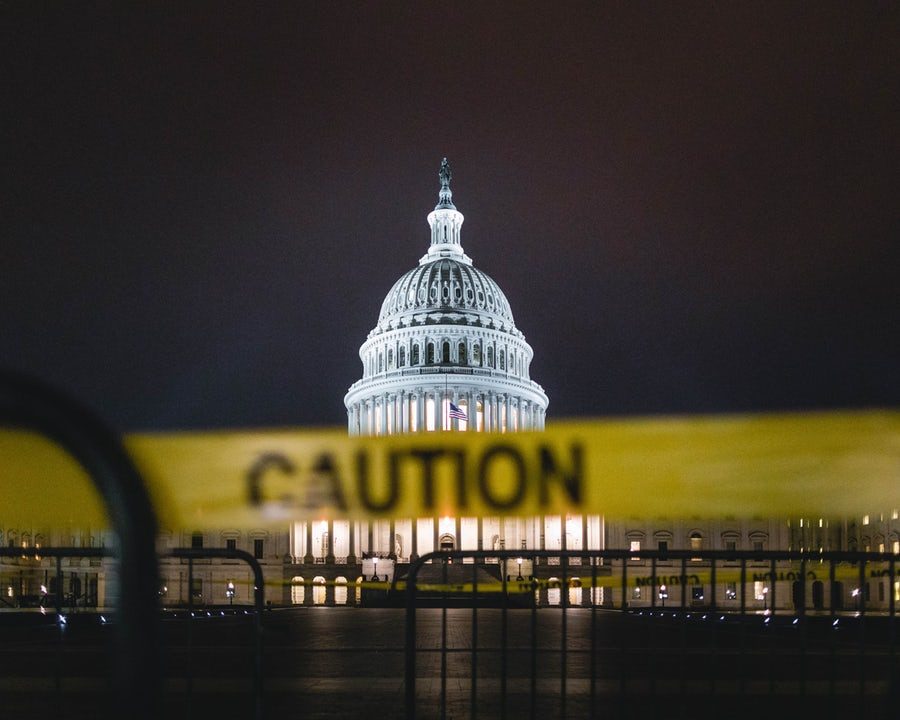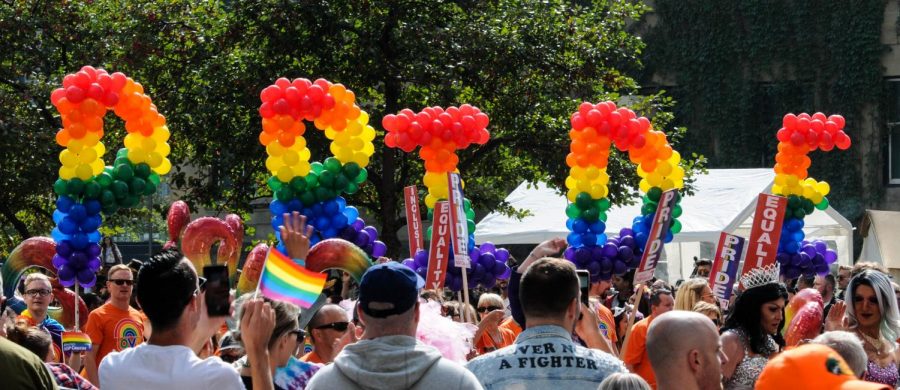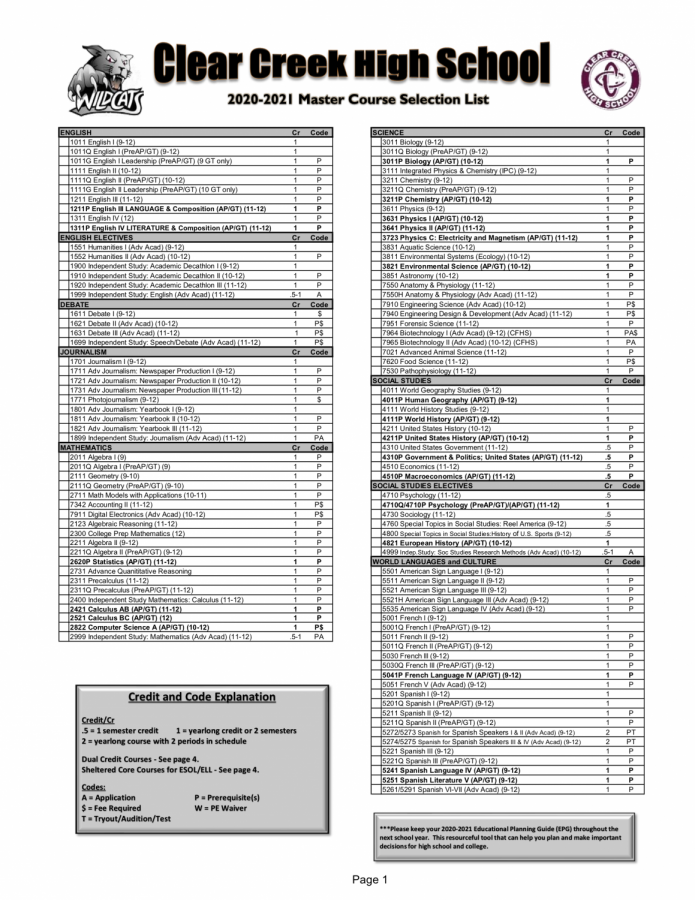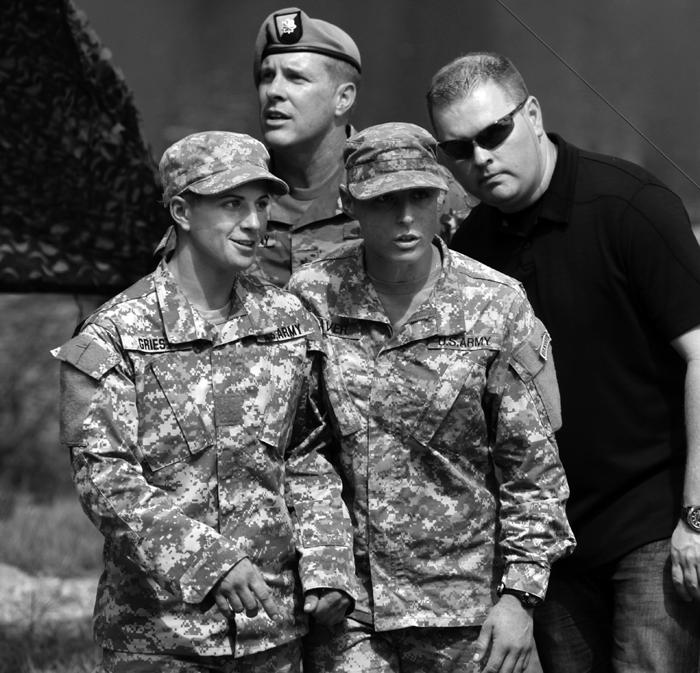Defense department lifts ban on women in combat
Capt. Kristen Griest, left, and 1st Lt. Shayne Haver talk after Ranger School graduation at Victory Pond on Aug. 21, 2015 in Columbus, Ga. The two women are the first female soldiers to earn and wear the Ranger tab. (Robin Trimarchi/Columbus Ledger-Enquirer/TNS)
January 7, 2016
A big step concerning women’s rights in the work place was taken as military leaders decided to lift the ban of women in combat roles. After a process beginning in January of 2013, The Pentagon finally announced on December 3 that women would be allowed to hold open combat jobs.
Previously, only about ninety percent of all military jobs were available to women.
“Today, the Defense Department is taking another historic step forward by opening up the remaining 10 percent of military positions, including combat roles, to women.” Defense Secretary Ashton B. Carter said.
The request for an amendment to the previous rules of military law has increased as history continues to change. For example, the first women to ever complete the Army’s elite Ranger School graduated on August 21, 2015. Captain Kristen Griest and 1st Lieutenant Shaye Haver proudly accepted their Ranger tab along with 94 other male classmates who participated in the infamous course.
Griest and Haver were among 20 other women who began the training process prior to graduation. The number dwindled to 8 after the rigorous 12-mile road march through the Fort Benning hill wearing the full weight of combat gear and the 4-day strength and conditioning course. All eight remaining women failed the Crawl Phase twice. Three women, including Griest and Haver, were allowed to take it for a third time, under the rules of the ‘Day 1 recycle’, “which allows both men and women who excel in some aspects of Ranger School but fall short in something specific that can be improved,” according to The Washington Post. Griest and Haver and a couple of men had to go through a longer training, so they graduated in 4 months as opposed to the normal 2 the course usually takes.
When Griest and Haver completed the grueling Ranger course and earned their title, they were unable to serve in Ranger and Infantry roles in the U.S. Army due to the Pentagon’s policies discussing women in combat. They were not allowed to try out for the 75th Ranger Regiment. However, with the new law, all positions will now be opened to them. Griest and Haver somewhat paved the way for theses gender barrier changes.
Though many are excited about the shift, many people are responding negatively to the change. People expressed concern stating women won’t be able to do the job. They believe that though the women can pass the training and prerequisites that all must complete in order to enter the job, the main concern lies within the role in front-line combat, and how factors such as chemistry between men and women soldiers or physical boundaries will affect the job. Mr. Carter justified the concern by acknowledging the obvious physical differences between male and female, but that some women could meet “the most demanding physical requirements, just as some men could”. The stereotype of men as “protectors” exists, and some men believe that women hurt in the front line will emotionally impact men more than a man hurt in combat would. Resistance existed when homosexuals were allowed in the military, but eventually there were no issues. The same result will most likely occur concerning women in combat roles.
Women in the front line will are undoubtedly a monumental shift in history. This change will bring out the leadership and strong characteristics women are capable of.

















